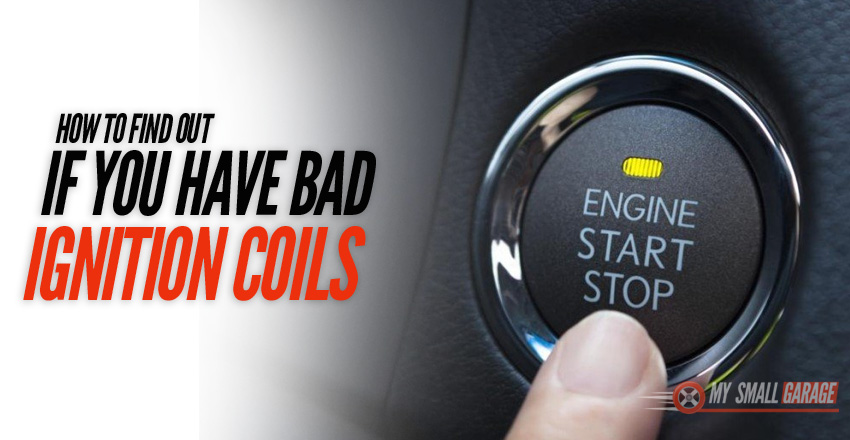The ignition coil is a critical component in a vehicle’s ignition system, and it plays an essential role in starting the engine. It is an electrical device that functions as a transformer by converting the standard 12 volts to a few thousand volts that are required to start the engine. In older vehicle models, one coil was typically used in the ignition system, while newer models feature a separate coil for each spark plug. These separate coils provide the necessary power to start the combustion process in the engine.
In older vehicle models, there is usually only one ignition coil, while newer models typically have a separate coil for each spark plug. The reason for this is to increase the power delivered to the spark plugs and ensure efficient combustion.
A bad ignition coil can result in major engine issues, and even a single faulty ignition coil can cause serious damage to the engine. It is essential to diagnose a faulty ignition coil as soon as possible, and in this article, we will look at some common symptoms that indicate a bad ignition coil.
Recommended: How To Remove Wheel Locks
Below are given few symptoms that might suggest that it’s time to replace your ignition coils:
Engine Performance Issues
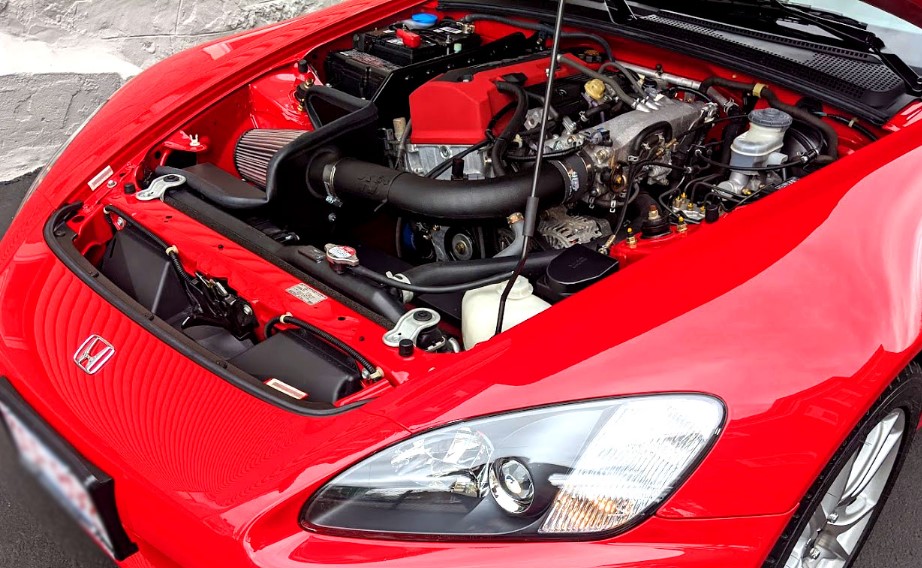
Engine performance issues are a common symptom of a bad ignition coil. When the coil starts to fail, it can cause a range of problems with the engine’s performance. For example, if the ignition coil fails to provide enough power to the spark plug, it can cause a misfire. A misfire occurs when the fuel in the engine does not ignite properly, causing the engine to run roughly or stall.
In addition to misfires, a bad ignition coil can also cause the engine to idle roughly. This can be especially noticeable when the vehicle is stopped at a traffic light or in slow-moving traffic. When the engine is idling, it should run smoothly and without any vibrations. However, a bad ignition coil can cause the engine to shake and vibrate, which can be felt throughout the vehicle.
Low Mileage
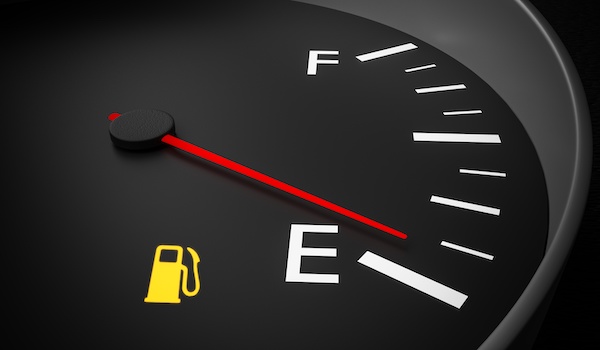
Low mileage is another symptom that may indicate a bad ignition coil. The ignition coil is responsible for igniting the fuel in the combustion chamber, which creates the power that propels the vehicle. If the ignition coil is not functioning properly, it may not be able to produce enough power to ignite the fuel efficiently. This means that the engine will have to work harder to produce the same amount of power, resulting in decreased fuel efficiency and lower mileage.
Additionally, if the ignition coil is not functioning properly, the engine may not be able to maintain a consistent speed or acceleration. This can lead to a jerky or rough ride, as well as decreased fuel efficiency. If you notice that your vehicle’s mileage has decreased significantly, it may be worth having the ignition coil checked to see if it needs to be replaced. This can not only improve your vehicle’s performance but also save you money on fuel costs over time.
Engine Light Turns On
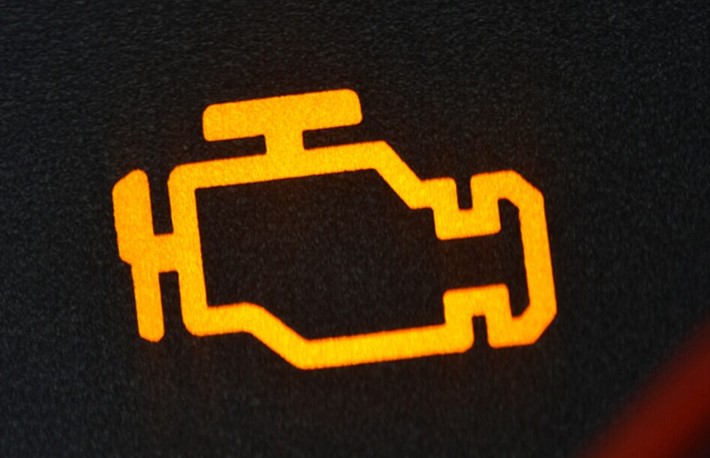
When the Check Engine Light (CEL) turns on in your vehicle, it is an indication that the computer system has detected an issue with the engine. In the case of a faulty ignition coil, it can cause the CEL to turn on. The computer system constantly monitors the performance of the ignition system, and if it detects a problem with the ignition coil, it will trigger the CEL.
It is important to note that a Check Engine Light can also be triggered by a variety of other issues, such as problems with the oxygen sensor, fuel injection system, or other electrical components. Therefore, it is necessary to diagnose the issue with a diagnostic tool to confirm the problem is with the ignition coil.
If you notice that the CEL has turned on, it’s recommended to have your vehicle checked by a professional mechanic who can diagnose the issue and suggest the appropriate repair. Ignoring a warning light can lead to more serious problems and potentially costly repairs down the line.
Problem Starting The Engine
Another symptom of a bad ignition coil is difficulty starting the engine. If your engine has a hard time starting, it could be due to a faulty ignition coil not providing the spark required to ignite the fuel and air mixture in the cylinders. This can happen when the coil is weak, has poor electrical connections or is simply worn out.
However, there can be other reasons for engine starting problems, such as a weak battery, a faulty starter motor, a clogged fuel filter, or a faulty fuel pump. Therefore, it is essential to rule out these other possibilities before concluding that the ignition coil is the culprit. A mechanic can perform diagnostic tests to determine if the ignition coil is indeed the cause of the problem.
If your vehicle has a single ignition coil to spark all the cylinders, then a failed coil can cause a no-start situation, meaning the engine won’t start at all. In contrast, if your vehicle has individual coils for each cylinder, then the engine may still start but with reduced power and acceleration, as the engine is not firing on all cylinders.
Increase in Emissions/Gas Smell From Exhaust
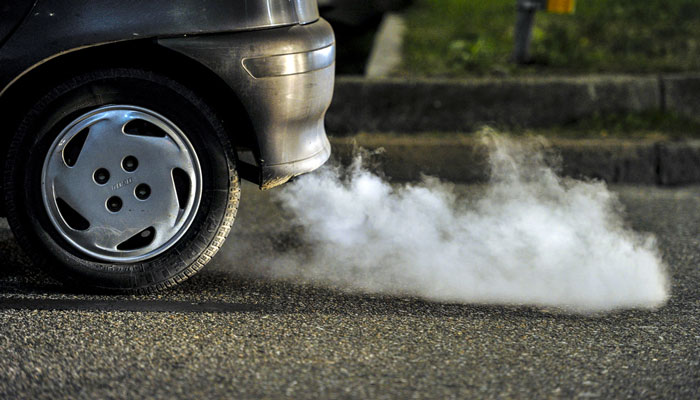
Another potential symptom of a bad ignition coil is an increase in emissions from your vehicle. This could be a major issue, particularly if you live in a region with strict emission laws. A bad ignition coil can cause fuel to not burn completely, leading to an increase in emissions.
One of the ways that you might notice this issue is through a strange gas smell coming from your exhaust pipe. This can be particularly noticeable when you start your car, especially in colder weather. The unburned fuel can create a strong smell that can be quite unpleasant, and it can be a clear indication that there is a problem with your ignition coils.
In addition to the smell, you might also notice a visible increase in exhaust emissions, either from the smell itself or from visible exhaust fumes. These can be indicators that your ignition coils are not functioning properly, and that it’s time to take your vehicle to a repair shop to have them replaced.
It’s important to address this issue as soon as possible, not only to ensure that your vehicle is operating within legal emission limits, but also to prevent further damage to your engine. A bad ignition coil can cause a range of engine problems that can be expensive to repair, so it’s always best to address the issue early on.
Vehicle Engine Not Starting
If your vehicle has a single ignition coil to spark all the cylinders, and it fails, your vehicle’s engine won’t have any spark to ignite the fuel in the cylinders. This will result in a no-start situation. In this case, the engine will crank but won’t start. This problem is not always related to the ignition coil, but it is one of the possible causes.
If you experience this issue, you may need to have your vehicle towed to a repair shop, as the problem may require more than just a simple fix. The mechanic will need to diagnose the issue, and it may be related to other components in the ignition system, such as the spark plugs, wires, or even the battery. It’s important to get it fixed as soon as possible, as driving with a faulty ignition system can cause more damage to the engine and other components of your vehicle.
In some cases, a no-start condition may be due to a completely dead battery, or a starter problem, which are not related to the ignition coil. If the battery is weak or dead, it won’t have enough power to crank the engine. If the starter motor is faulty, it won’t be able to turn the engine over. It’s important to rule out these issues before assuming the problem is with the ignition coil.
Conclusion
In conclusion, if you notice any of these symptoms, it’s essential to take your vehicle to a reputable repair shop and have the ignition coils replaced immediately. This will prevent any further damage to the engine and ensure that your vehicle continues to run smoothly. Remember, regular maintenance of your vehicle is essential to prevent any significant problems, and the ignition system is a crucial part of that maintenance.

